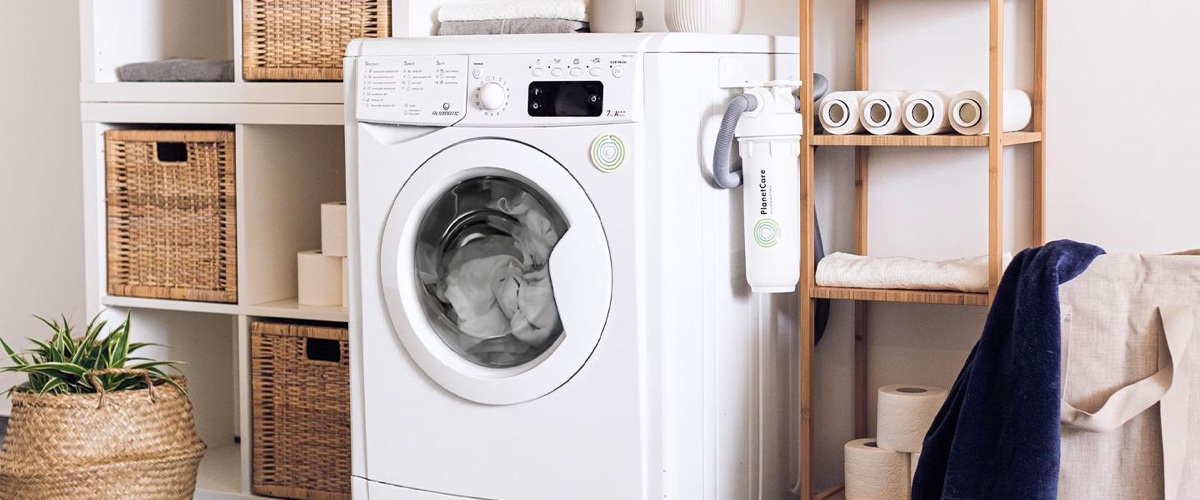

Articles
What Capacity Washer Do I Need
Modified: August 28, 2024
Discover the perfect washer capacity for your needs with our informative articles. From small loads to large, we've got you covered.
(Many of the links in this article redirect to a specific reviewed product. Your purchase of these products through affiliate links helps to generate commission for Storables.com, at no extra cost. Learn more)
Introduction
When it comes to doing laundry, having the right washer capacity is crucial. Whether you’re a solo dweller or part of a large family, choosing the appropriate washer capacity can make a world of difference in terms of efficiency, convenience, and effectiveness.
In this article, we will explore the factors to consider when determining washer capacity, how to estimate your laundry needs, and the different washer capacities available in the market. By the end, you’ll have the knowledge needed to choose the perfect washer capacity for your household.
So, let’s dive in and find out what capacity washer you really need!
Key Takeaways:
- Choose the right washer capacity by evaluating household size, laundry frequency, types of clothes, space constraints, and budget. Strike a balance for optimal performance and energy efficiency.
- Estimating your laundry needs is essential for selecting the perfect washer capacity. Track your laundry, consider your lifestyle, plan for future changes, and seek professional advice for informed decision-making.
Read more: What Size Pressure Washer Do I Need
Factors to consider when determining washer capacity
When it comes to determining the right washer capacity for your needs, there are several important factors to consider. These factors will help you understand your laundry requirements better and choose a washer that can handle your daily load effectively. Let’s take a closer look at these factors:
- Household size: The first and most obvious factor to consider is the size of your household. A large family with multiple members will naturally have a higher laundry load compared to a single individual or a couple. Generally, larger households will benefit from larger washer capacities, while smaller households can opt for smaller capacities to avoid wasting energy and water.
- Laundry frequency: How often do you do laundry? If you find yourself doing laundry frequently, you may need a washer with a larger capacity to accommodate the increased number of loads. On the other hand, if you tend to do laundry less frequently, a smaller washer capacity may be sufficient.
- Types of clothes: The types of clothes you typically wash can also influence your washer capacity needs. If you often wash bulky items like bedding, towels, or bulky winter coats, you may need a larger capacity to accommodate these bulkier loads. Additionally, if you have delicate or hand-wash only garments that require special care, you may want to consider a smaller washer capacity to ensure proper handling of these items.
- Space constraints: Another factor to consider is the available space for your washer. Measure the area where you plan to install the washer and ensure that the washer capacity you choose fits within that space. It’s important to allow for proper ventilation and the ability to open and close the washer’s door comfortably.
- Budget: Lastly, your budget will also play a role in determining the washer capacity. Typically, larger washer capacities come with a higher price tag. Consider your budget and prioritize your laundry needs to find a balance between capacity and cost.
By taking these factors into consideration, you’ll be able to narrow down the appropriate washer capacity for your specific needs. Stay tuned as we next explore how to estimate your laundry needs!
Estimating your laundry needs
Estimating your laundry needs is an essential step in determining the right washer capacity for your household. It allows you to gauge the average amount of laundry you do and make an informed decision about the capacity that will best suit your needs. Here are a few ways to estimate your laundry needs:
- Track your laundry: Start by keeping track of the number of loads you do in a week. Keep a record of how many loads you do and the types of items you wash. This will give you a good idea of your average laundry load.
- Consider your lifestyle: Think about your lifestyle and how it affects your laundry habits. Do you have a job that requires you to wear specific uniforms or suits, requiring more frequent washing? Do you have small children who go through multiple outfit changes in a day? Understanding your lifestyle will help you estimate how much laundry you typically have on a weekly basis.
- Plan for future changes: Consider any future changes that may impact your laundry needs. Are you planning to start a family? Do you anticipate having more houseguests in the future? Planning for these changes will ensure that you choose a washer capacity that can handle your increasing laundry load.
- Consult the manufacturer’s guidelines: Check the manufacturer’s guidelines for the recommended load capacity of your current washer, if applicable. This information can give you an idea of the capacity you’ve been using and whether it’s been sufficient for your needs or not.
- Seek advice: If you’re unsure about estimating your laundry needs or have specific concerns, don’t hesitate to seek advice from professionals. They can provide insights based on their experience and guide you in choosing the right washer capacity.
By estimating your laundry needs, you’ll have a better understanding of the amount of laundry you typically handle, allowing you to make an informed decision when it comes to choosing the appropriate washer capacity. Next, let’s explore the different washer capacity measurements.
Understanding washer capacity measurements
When it comes to washer capacity, it’s important to understand the different measurements and terminology used in the industry. This knowledge will help you make an informed decision when selecting the right washer for your needs. Let’s take a closer look at these measurements:
Cubic Feet (cu. ft.): Many washers are measured in terms of cubic feet, which represents the volume of the washer drum. This measurement indicates how much laundry the washer can accommodate in one load. For example, a washer with a 4.5 cu. ft. capacity can hold around 4.5 cubic feet of laundry.
Pounds (lbs.): Some washer capacity measurements are given in pounds, which refers to the weight of the laundry load the washer can handle. This measurement is based on the weight of dry clothes rather than the volume. For example, a washer with a 10 lbs. capacity can handle approximately 10 pounds of dry clothes per load.
Load Size: Load size is another term commonly used in washer capacity measurements. It refers to the amount of laundry that can be washed in a single load. Load sizes can vary between manufacturers, but they typically range from small to extra-large or even jumbo. Understanding load sizes can give you a general idea of the capacity of different washers.
It’s worth noting that washer capacity measurements can differ between top-loading and front-loading washers. Front-loading washers generally have larger capacities compared to top-loading washers, as the drum design allows for more efficient use of space. However, it’s essential to refer to the specific measurements and guidelines provided by the manufacturer to ensure accuracy.
By understanding these terms and measurements, you can better compare and evaluate different washers to find the capacity that suits your laundry needs. Now, let’s delve into the different washer capacities and their corresponding load sizes.
When choosing a washer capacity, consider the size of your household and the frequency of your laundry loads. A 3-4 cubic feet capacity is suitable for a small household, while a larger household may require 4-5 cubic feet.
Different washer capacities and their corresponding load sizes
Washer capacities can vary significantly, ranging from smaller sizes ideal for individuals and small households to larger sizes suitable for families with higher laundry demands. Let’s explore the different washer capacities and their corresponding load sizes:
- Small capacity: Washers with a small capacity typically have a volume of around 2 to 2.5 cubic feet or can handle 6 to 8 pounds of laundry per load. These washers are suitable for individuals, couples, or small households with minimal laundry needs. They are compact and space-saving, making them ideal for apartments or laundry closets with limited space.
- Medium capacity: Washers with a medium capacity generally range from 3 to 4.5 cubic feet or can handle 8 to 12 pounds of laundry per load. These washers are suitable for small to medium-sized households with moderate laundry needs. They offer a good balance between size and capacity and can accommodate a decent amount of laundry without taking up excessive space.
- Large capacity: Washers with a large capacity typically have a volume of 4.5 to 5.5 cubic feet or can handle around 12 to 15 pounds of laundry per load. These washers are suitable for larger households or households with heavy laundry demands. They can handle bulky items like bedding, towels, and large blankets, making them ideal for families with children or individuals who frequently wash larger loads.
- Extra-large capacity: Washers with an extra-large capacity generally have a volume of 5.5 cubic feet or larger and can handle 15 pounds or more of laundry per load. These washers are designed for households with heavy-duty laundry needs, such as large families or individuals with extensive laundry requirements. They can handle oversized items and large loads effectively, reducing the need for multiple loads and saving time.
It’s important to note that the actual load size may vary slightly depending on factors such as fabric type, weight distribution, and water absorption. However, these capacity ranges provide a general guideline for understanding the load sizes that different washer capacities can handle.
Now that you have a better understanding of the different washer capacities and their corresponding load sizes, let’s move on to choosing the right washer capacity for your household.
Read more: How Much Psi Do I Need In A Pressure Washer
Choosing the right washer capacity for your household
Choosing the right washer capacity is crucial to ensure that you can efficiently and effectively handle your laundry needs. By considering your household size, laundry frequency, types of clothes, space constraints, and budget, you can select the perfect washer capacity for your specific requirements. Here’s a step-by-step guide to help you make the right decision:
- Evaluate your household size: Consider the number of individuals in your household. Larger households with more members will typically have higher laundry demands and may benefit from a larger washer capacity. Smaller households, on the other hand, can opt for a smaller capacity to avoid wasting energy and water.
- Assess your laundry frequency: Think about how often you do laundry. If you do laundry frequently, you may require a washer with a larger capacity to handle multiple loads per week. For those who do laundry less frequently, a smaller capacity may be sufficient.
- Consider the types of clothes you wash: Take into account the types of clothes you regularly wash. If you frequently wash bulky items like bedding or towels, a larger capacity may be necessary to accommodate these larger loads. If you have delicate or hand-wash only garments that require special care, a smaller capacity may be more appropriate to ensure proper handling of these items.
- Take note of space constraints: Measure the available space for your washer and ensure that the chosen washer capacity fits within the allocated area. Consider the ventilation and ease of opening and closing the washer’s door when determining the suitable capacity for your space.
- Set a budget: Determine your budget for purchasing a washer and find a balance between capacity and cost. Remember that larger capacities generally come with a higher price tag. Prioritize your laundry needs and choose a washer capacity that fits within your budget.
By carefully considering these factors, you can choose the right washer capacity that will meet your laundry needs efficiently. It’s essential to strike a balance between capacity and practicality to ensure optimal performance and energy efficiency.
Remember, if you’re still unsure about which washer capacity to choose, don’t hesitate to consult with professionals or seek advice from knowledgeable sales associates. They can provide insights based on their experience and guide you in making the best decision for your household.
Now that you have a comprehensive understanding of washer capacities and factors to consider, you’re ready to make an informed decision and find the perfect washer capacity for your home.
Conclusion
Choosing the right washer capacity is crucial for ensuring efficient and effective laundry routines in your household. By considering factors such as household size, laundry frequency, types of clothes, space constraints, and budget, you can determine the ideal washer capacity to meet your specific needs.
It’s important to remember that selecting the appropriate washer capacity is a balancing act. Opting for a larger capacity may offer convenience and the ability to handle more laundry at once, but it can also consume more energy and water for smaller loads. On the other hand, choosing a smaller capacity may save on energy and water consumption, but it may lead to frustration and inconvenience if your laundry demands exceed the washer’s limitations.
By evaluating your household’s specific requirements and considering the factors discussed in this article, you can make an informed decision about the right washer capacity for your lifestyle. Whether you have a small household with minimal laundry needs or a large family with heavy-duty laundry demands, there’s a washer capacity that will meet your requirements perfectly.
Remember to refer to the manufacturer’s guidelines and seek advice from professionals if you’re unsure about which washer capacity to choose. They can provide valuable insights and guide you toward the best option for your household.
Investing time and effort in selecting the right washer capacity can greatly enhance your laundry experience, making it more efficient, convenient, and effective. So, take the time to assess your laundry needs, evaluate your options, and choose the perfect washer capacity that will help you tackle your laundry load with ease.
With the right washer capacity, you can look forward to cleaner clothes, more efficient laundry routines, and more time to focus on the things that matter most to you.
Frequently Asked Questions about What Capacity Washer Do I Need
Was this page helpful?
At Storables.com, we guarantee accurate and reliable information. Our content, validated by Expert Board Contributors, is crafted following stringent Editorial Policies. We're committed to providing you with well-researched, expert-backed insights for all your informational needs.



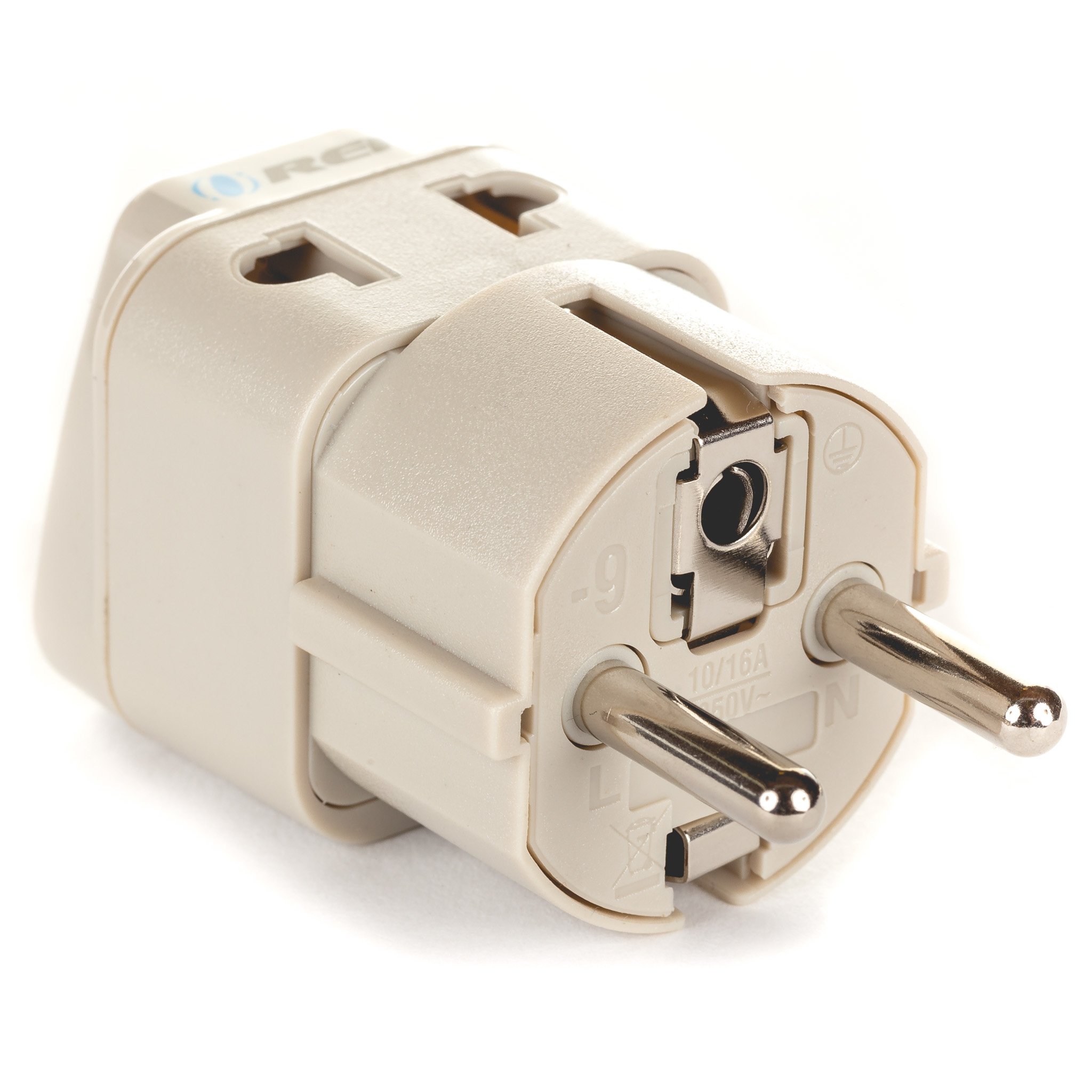
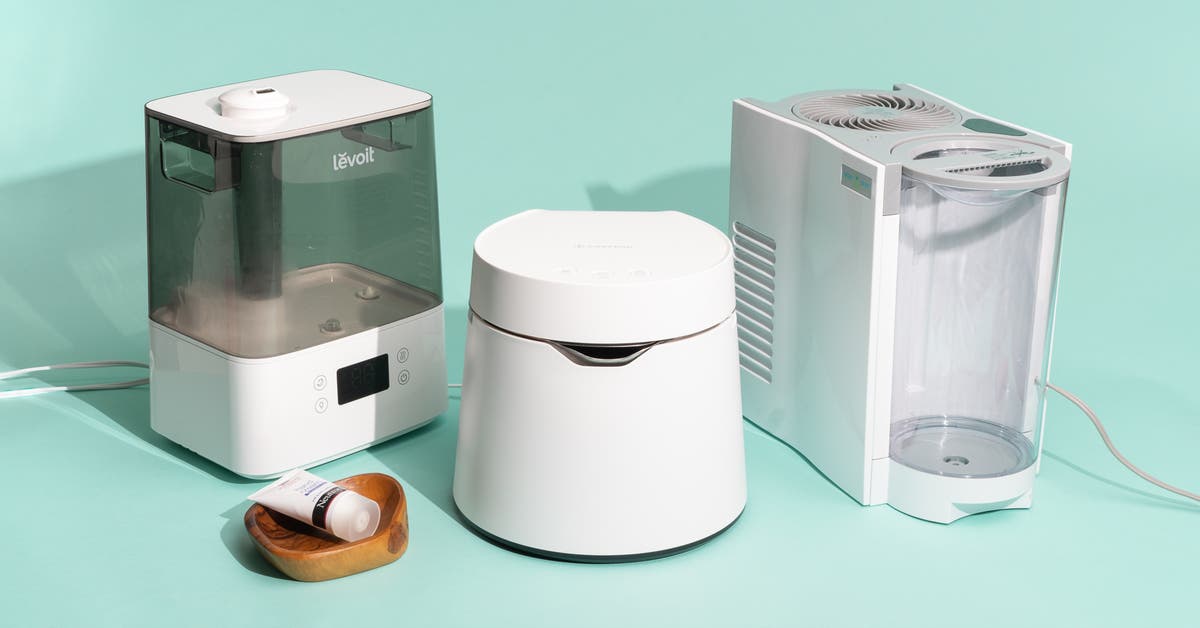
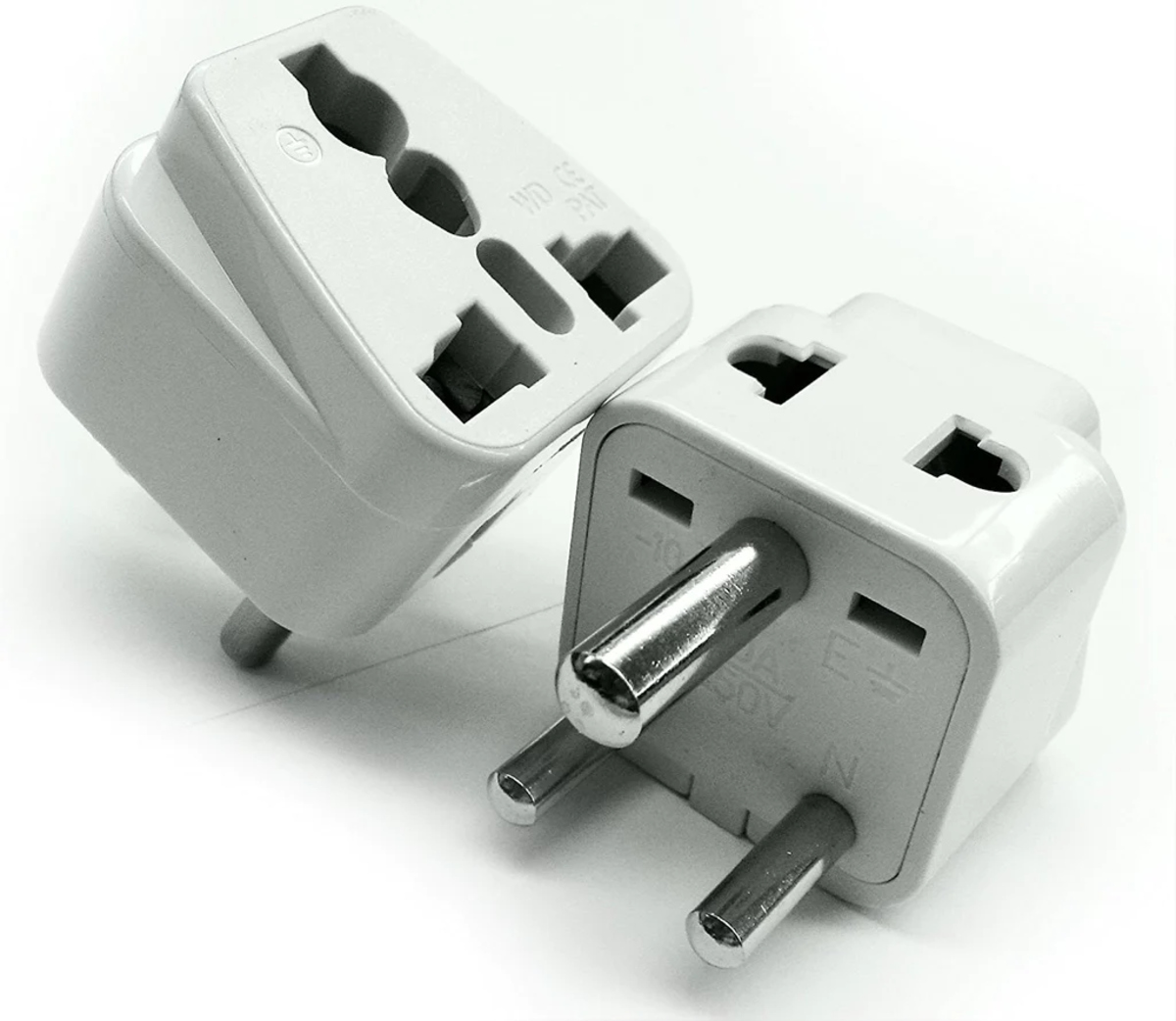





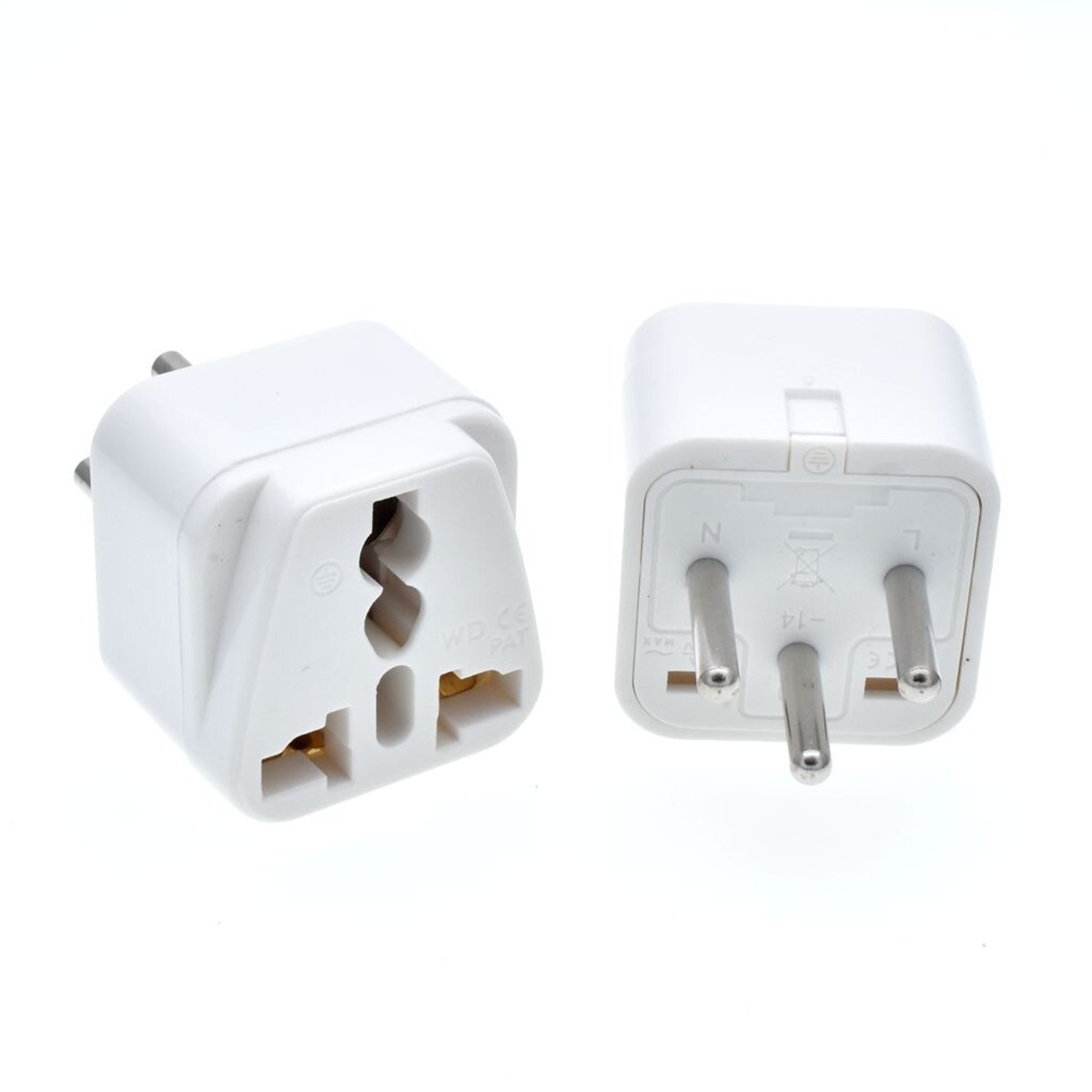
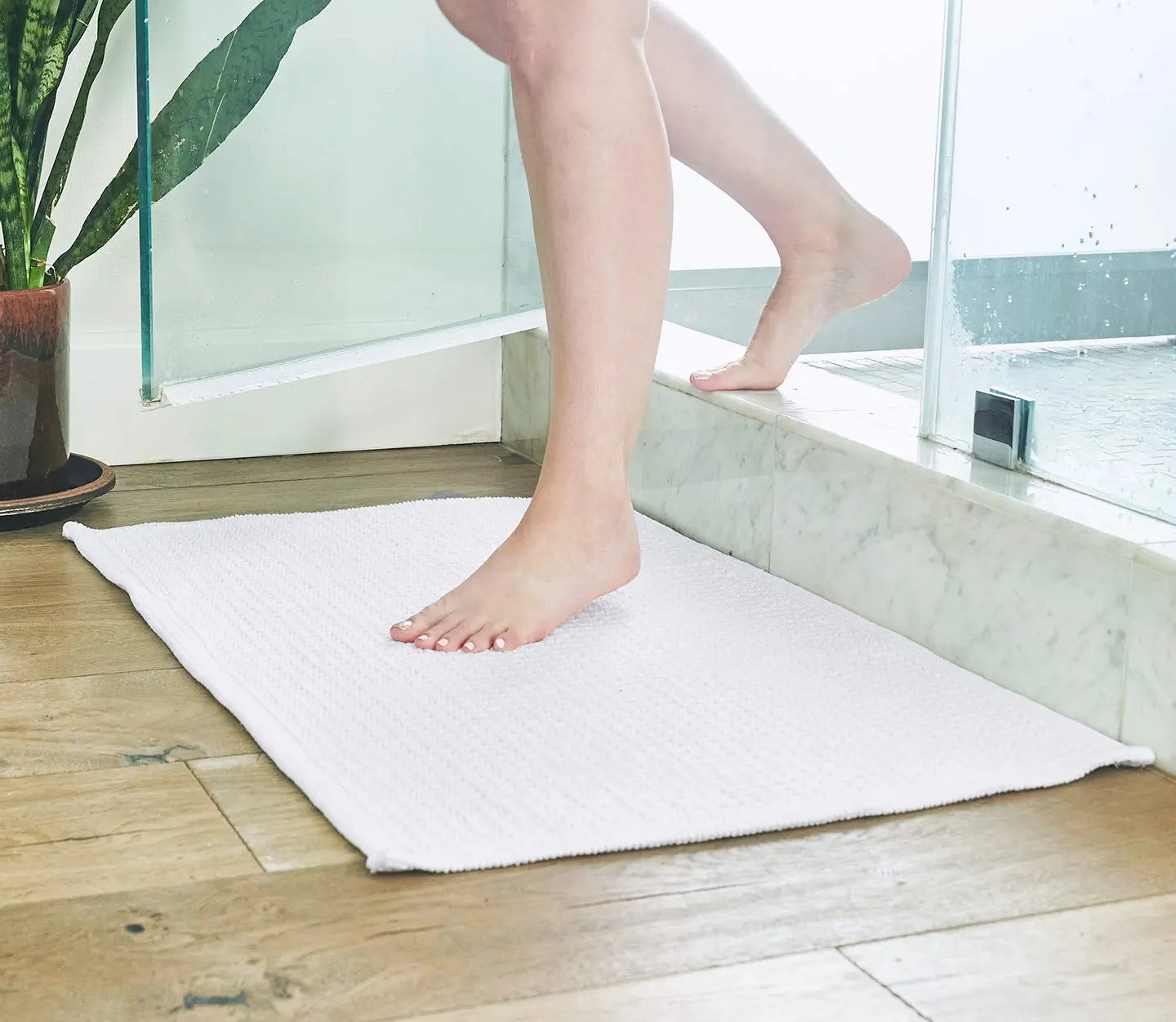
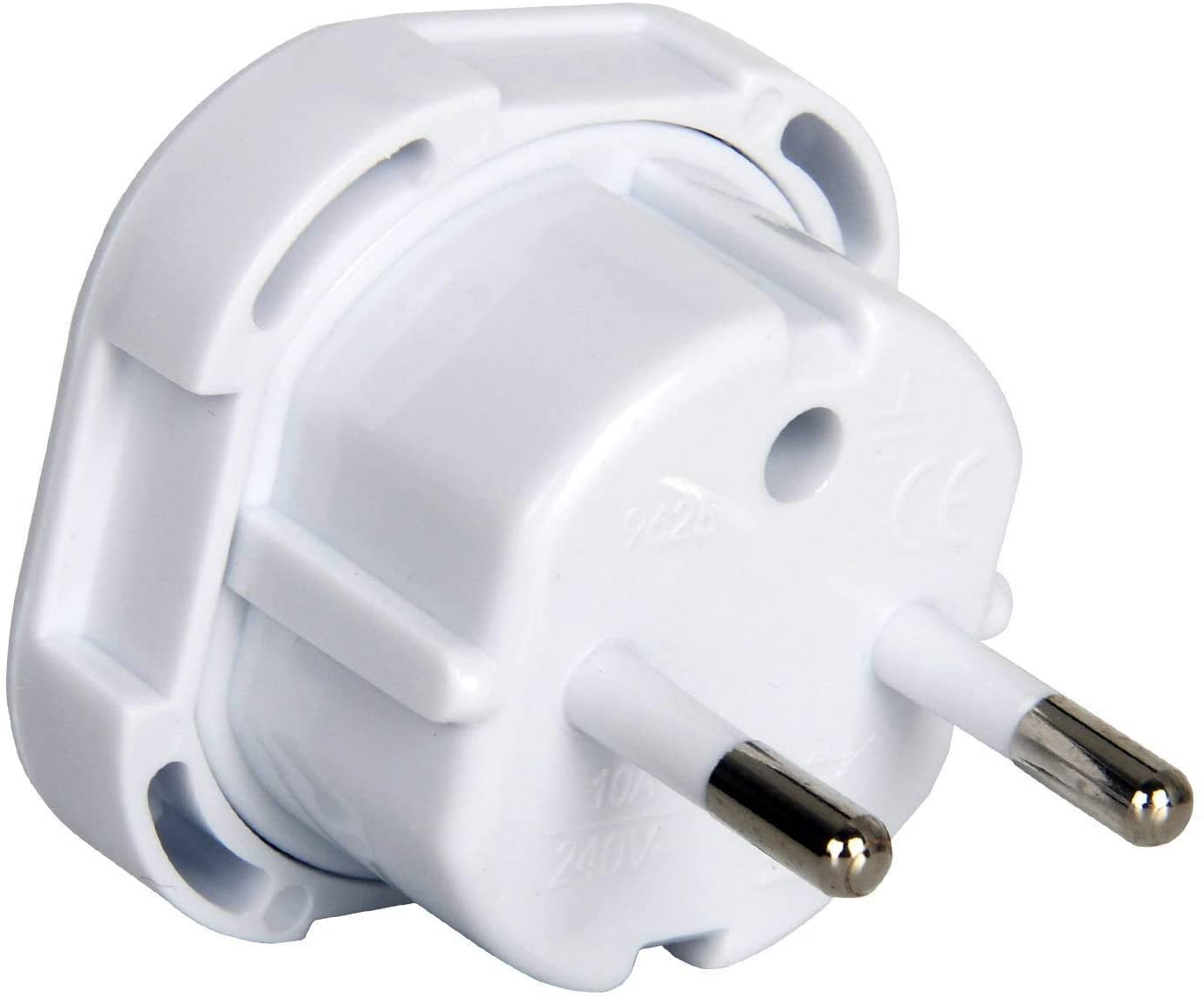

0 thoughts on “What Capacity Washer Do I Need”